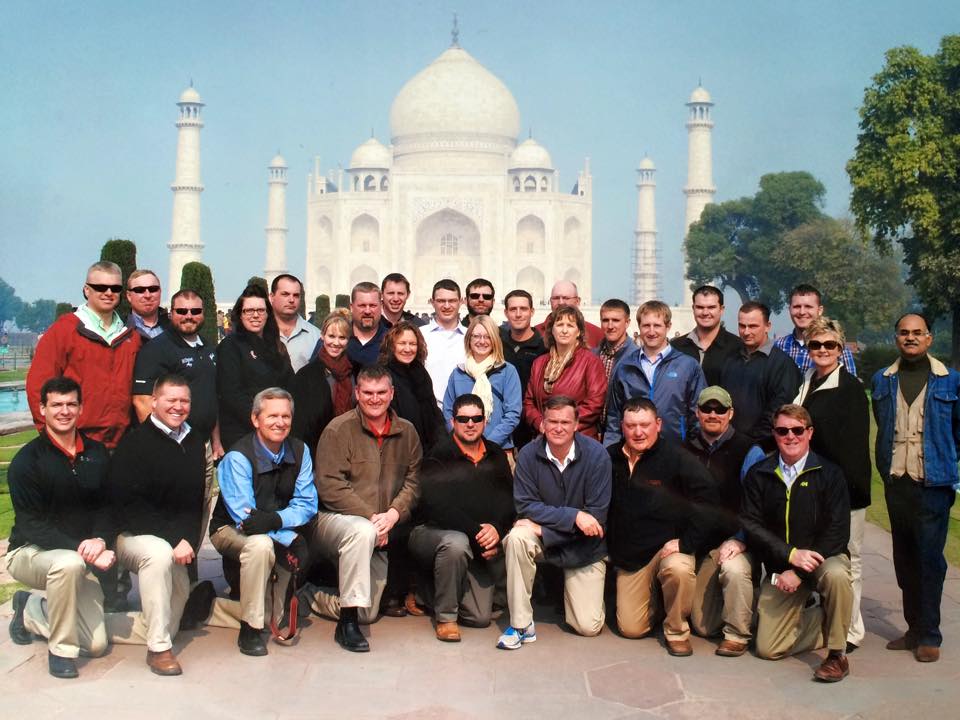Background of LEAD (Leadership Education/Action Development)
The Nebraska LEAD Program was established in 1981 under the direction of the Nebraska Agricultural Leadership Council. None of this would have happened without the initial conception and support by representatives of
- Nebraska agriculture
- The Agriculture Builders of Nebraska
- The Institute of Agriculture and Natural Resources of the University of Nebraska-Lincoln
- Partial funding from the W. K. Kellogg Foundation
The Nebraska LEAD Program continues to be a cooperative venture of the Nebraska Agricultural Leadership Council and the Institute of Agriculture and Natural Resources of the University of Nebraska-Lincoln.
Nebraska LEAD Program Delivery
The Nebraska LEAD Program is Nebraska's only comprehensive state-wide agricultural leadership development program. Participants are selected each year for a two-year fellowship. During the two-year period:
- LEAD Fellows participate in 12 three-day in-state seminars, which include spouses on four occasions.
- Seminars are conducted at 11 cooperating public and private colleges and universities from across Nebraska.
-
Presenters represent a wide range of disciplines:
- College and university levels
- Government
- Corporate executives
- Entrepreneurs
- Organizational interest, and
- Prominent community leaders
-
Educational content addresses:
- Interpersonal skills
- Communications
- Sociology
- Education
- Public policy issues
- Economics
- Community and rural development
- Natural resources
- Cultural understanding; and
- Leadership

Although the program attempts to present as many sides to current issues as possible to the participants, the program itself is both non-political and nonpartisan by design.
First year . During the first year, participants study local, state and national issues. The first year also includes a ten-day national study/travel seminar to three major U.S. cities. Meetings with representatives from government, industry and national organizations complement the year's seminar study and provide participants with practical first-hand exposure to the varied social, political and economic conditions that exist in this country.
Second year . The second year curriculum builds on the first year topics with added global perspectives. Emphasis is placed on international trade, foreign policy, cross-cultural understanding and geopolitics. The capstone of the second year's study is a 14-16 day international study/travel seminar to several selected countries in the world. Considering that many of the world's most critical problems tie directly with agriculture--population expansion, increasing food deficiencies, global trade dependencies, energy concerns--the international seminar provides immeasurable learning opportunities for heightened global understanding for more effective agricultural leadership and perspectives.